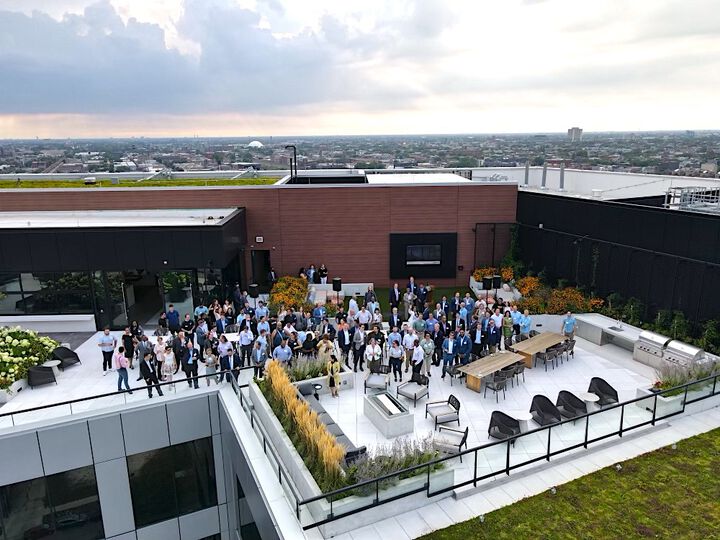
It’s no secret that Chicago’s startup scene is smaller than SF or Boston. In bio/nanotech, you need to look no further than JLL’s 2020 Report to see that the field is dominated by Boston, the Bay Area, the NC Research Triangle, and Scripps. The funding disparity often convinces tech companies to move to the coasts once they “outgrow” the Chicago funding pool.
This is not the right approach. Any finance professional worth their salt will tell you not to blindly invest in the largest markets. Rather, you should invest where you have the strongest conviction that a company is mispriced. Cities are no different, and Chicago is mispriced.
Chicago is America’s third largest city and home to two of America’s top ten universities. The food is great, the people are wonderful, and the neighborhoods are as varied as they are beautiful. The cost of living is reasonable and the talent pool is amazing. Chicago has all the ingredients to be a thriving tech hub but is missing critical mass.
Luckily, I’m not alone in this view. I was fortunate enough to be invited to series of events hosted by World Business Chicago and attended by Chicago Mayor Lori Lightfoot. Together, the City of Chicago and its stakeholders organized to highlight the growth of the Chicago tech ecosystem and call attention to the mispricing.
Like any abstract target, there’s lots of noise around what this all means. Chicago shouldn’t aim to cut and paste what worked for San Francisco and Boston. Rather, Chicago needs to reflect on its innate strengths and history to form a strategy consistent with its identity. The answer is simple: manufacturing and logistics.💬Also, shout out to FinTech. The CME is a truly unique capability. Chicago will continue to have an outsized role to play here but will be competing with NYC for talent. America does not have a hub for “hard tech” and Chicago is perfectly positioned to be it. A large, diverse, and well-trained manufacturing workforce? Check. A sprawl of underutilized manufacturing warehouses? Check. An academic ecosystem capable of sustaining next-generation ideas? Check. Check. Check.
I was excited to see representation from many organizations that felt the same way and are doing something about it. mHUB is incubating seed-stage product innovation companies, MxD is leading the way on manufacturing cybersecurity, Matter and more recently Paragon Biosciences are incubating and funding bio/nanotech ideas, national labs are getting involved with Chain Reaction Innovations, there have been generous Illinois grants geared toward fostering wet lab space, and companies like EY and McKinsey are positioning themselves to be ready to support the growth. All of this activity supports a software tech ecosystem led by incubators like 1871 (where I worked back in 2013!) and hundreds of established companies who are ready to help the next generation of entrepreneurs.
Chicago is overdue for a market correction and I’ll continue to tell this to anyone who asks.